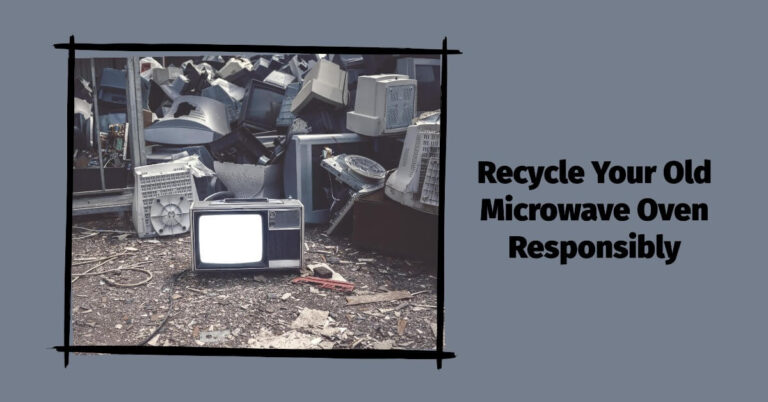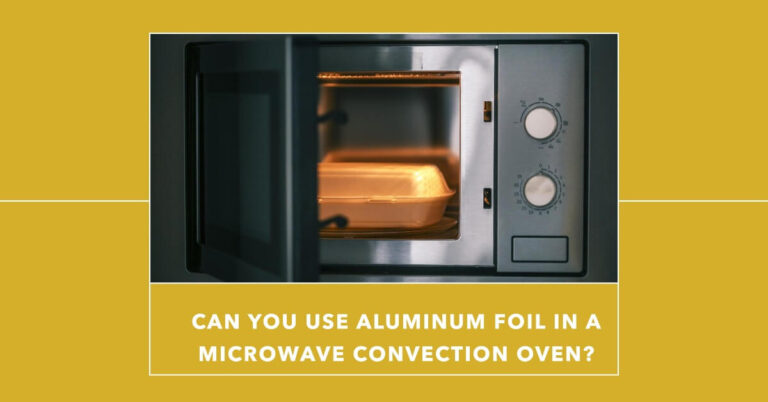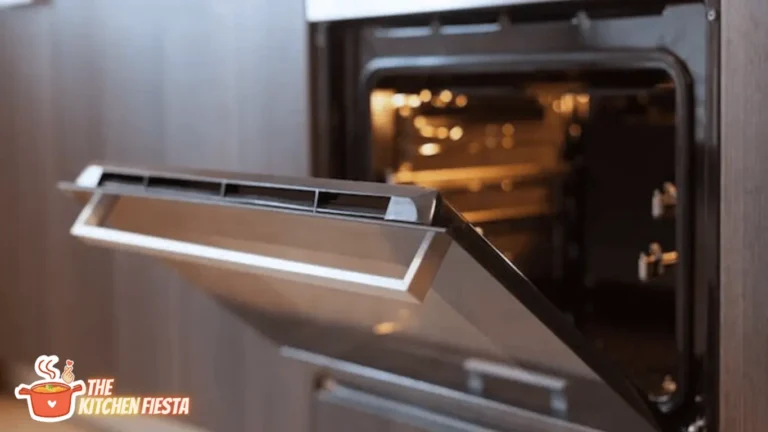Gas Oven Still Heating Despite Being Off: (Causes and Solutions)
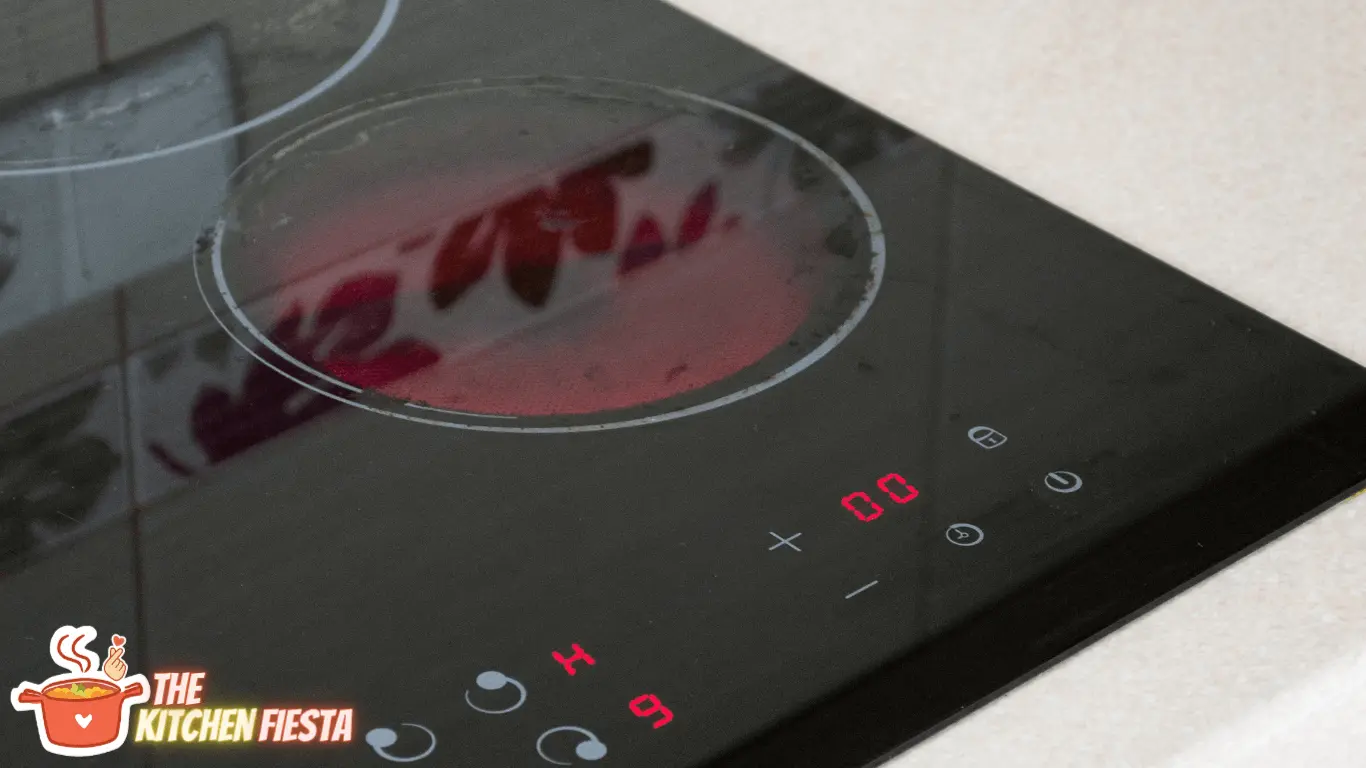
Gas ovens are a convenient and popular appliance in many households. But, sometimes, they can malfunction and continue to heat up even when turned off. This can be a concerning issue, posing a safety hazard and increasing energy consumption. Why Gas Oven Still Heating Despite Being Off?
There are several reasons why a gas oven may still be heating up even when it is supposed to be off. These can include a faulty circuit board, a damaged thermostat, a destroyed temperature sensor, or a short circuit on the relays. It is important to identify the root cause of the problem to fix it properly and prevent it from happening again.
Possible Causes of Gas Oven Still Heating
There are a few possible causes for a gas oven that is off but still heating. These include a faulty igniter, a defective gas valve, and a malfunctioning thermostat.
1. Faulty Igniter
A faulty igniter is one possible cause for a gas oven that is off but still heating. The igniter is responsible for lighting the gas that heats the oven. If the igniter is not working properly, it may not light the gas, and the oven may continue to heat even when it is turned off.
To diagnose a faulty igniter, check the continuity of the igniter with a multimeter. If the igniter is not getting power or producing enough heat, it may need to be replaced.
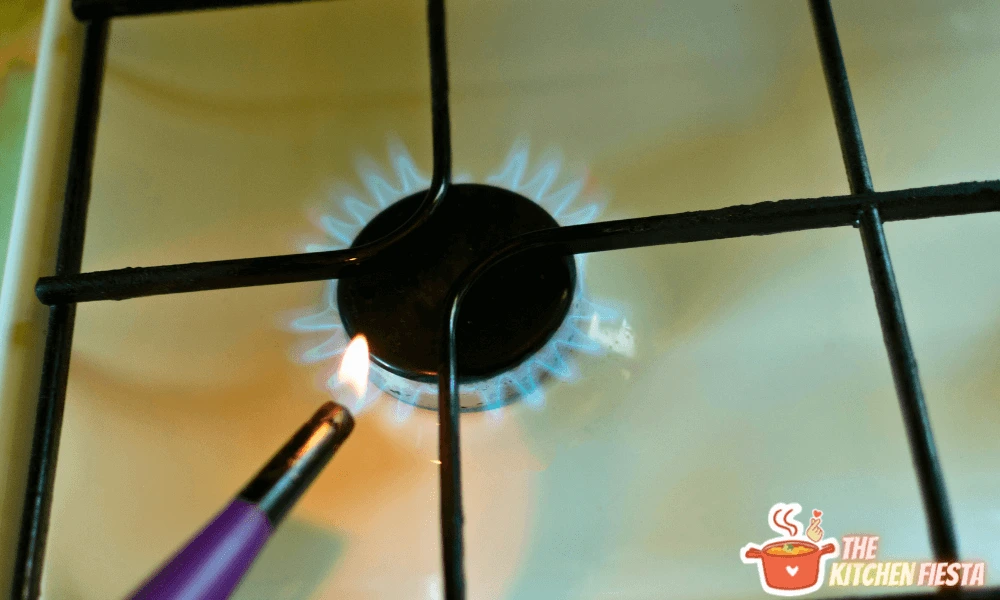
2. Defective Gas Valve
Another possible cause for a gas oven that is off but still heating is a defective gas valve. The gas valve controls the flow of gas to the oven burner. If the valve is not functioning properly, gas may flow even when the oven is turned off.
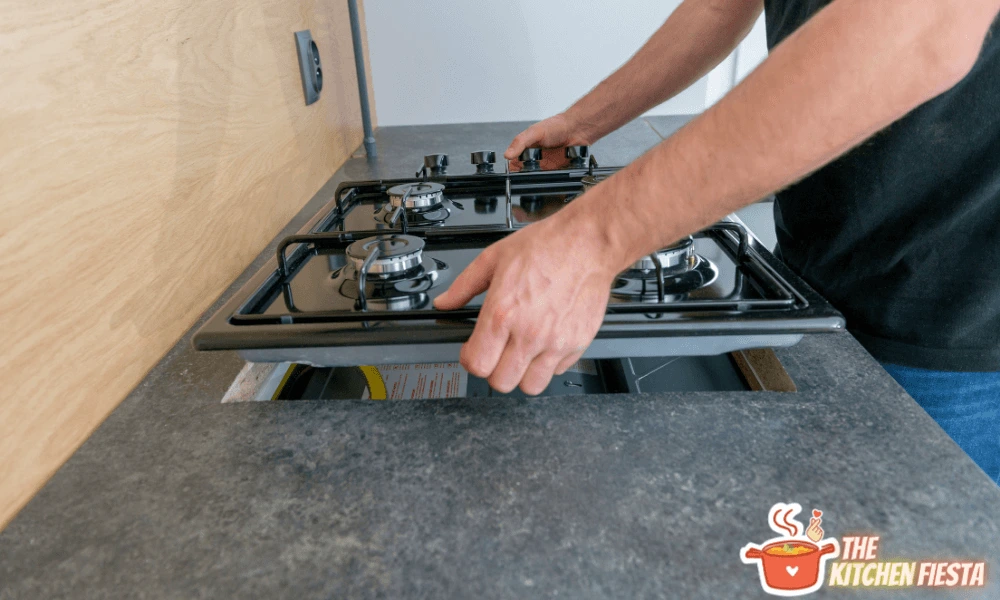
To diagnose a defective gas valve, check the continuity of the valve with a multimeter. If the valve is not getting power or is not opening and closing properly, it may need to be replaced.
3. Malfunctioning Thermostat
A malfunctioning thermostat can cause a gas oven to continue heating even when turned off. The thermostat is responsible for regulating the temperature of the oven. If the thermostat is not working properly, it may not be able to regulate the temperature, and the oven may continue to heat even when it is turned off.
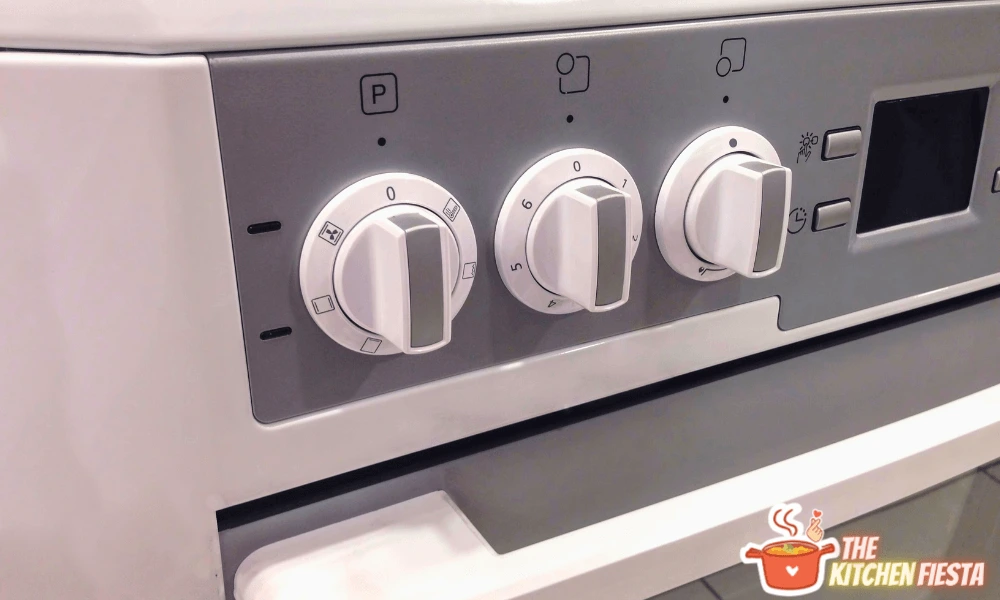
To diagnose a malfunctioning thermostat, you must check the continuity of the thermostat with a multimeter. If the thermostat is not getting power or is not regulating the temperature properly, it may need to be replaced.
Troubleshooting Steps
If your gas oven is off but still heating, there are a few troubleshooting steps you can take to identify and fix the problem. Here are some common causes and solutions:
1. Check the Igniter
The igniter is a small device that lights the gas in the oven. If the igniter is faulty, it may continue to heat the oven even when it is turned off. To check the igniter, follow these steps:
- Turn off the gas supply to the oven.
- Remove the cover from the oven’s burner compartment.
- Locate the igniter and inspect it for any visible damage or wear.
- Use a multimeter to test the igniter’s resistance. It should read between 40 and 400 ohms.
- If the igniter is faulty, replace it with a new one.
2. Inspect the Gas Valve
The gas valve controls the flow of gas to the oven’s burner. If the valve is faulty, gas may continue flowing even when the oven is turned off. To inspect the gas valve, follow these steps:
- Turn off the gas supply to the oven.
- Remove the cover from the oven’s burner compartment.
- Locate the gas valve and inspect it for any visible damage or wear.
- Use a multimeter to test the valve’s resistance. It should read between 1.5 and 3.5 ohms.
- If the valve is faulty, replace it with a new one.
3. Test the Thermostat
The thermostat regulates the temperature in the oven. If it is faulty, it may cause the oven to continue heating even when it is turned off. To test the thermostat, follow these steps:
- Turn off the electricity going to the oven at the breaker.
- Remove the front panel of the oven.
- Locate the thermostat and use a multimeter to test the two wires going to it.
- The manufacturer’s guidelines will help you know how much electricity it should have when disconnected from the main power supply.
- If the thermostat is faulty, replace it with a new one.
Preventive Maintenance
To ensure your gas oven remains in good working condition, maintain regular preventive maintenance. Here, we will outline some of the key preventive maintenance practices that can help keep your oven functioning efficiently.
1. Regular Cleaning
Regular oven cleaning is essential to prevent the buildup of dirt, grease, and other debris that can affect its performance. Here are some tips for cleaning your oven:
- Use a soft cloth or sponge to clean the oven’s interior and exterior.
- Avoid using abrasive cleaners or steel wool, as these can scratch the oven surface.
- For stubborn stains, mix baking soda and water to create a paste. Apply the paste to the stain and let it sit for a few minutes before wiping it away.
- Clean the oven racks regularly by soaking them in warm, soapy water for a few hours before scrubbing them with a brush.
Related Article:
2. Periodic Inspection
Periodic oven inspection is essential to identify any potential issues before they become major problems. Here are some tips for inspecting your oven:
- Check the oven door seal for signs of wear and tear. A damaged seal can cause heat to escape from the oven, leading to inefficient heating.
- Inspect the oven burners to ensure they are clean and debris-free. Dirty burners can cause uneven heating and may lead to a fire hazard.
- Check the oven thermostat to ensure that it is functioning correctly. A faulty thermostat can cause the oven to overheat or underheat, leading to poor cooking results.
3. Professional Servicing
While regular cleaning and inspection can go a long way in maintaining your oven, it is also important to have it professionally serviced periodically. A professional service technician can identify and fix any issues affecting your oven’s performance. Here are some tips for professional servicing:
- Schedule a professional service at least once a year.
- Choose a reputable service provider who has experience with gas ovens.
- During the service, the technician should inspect the oven’s gas supply, burners, thermostat, and other components to ensure they function correctly.
By following these preventive maintenance practices, you can help ensure that your gas oven remains in good working condition and continues to provide you with efficient and reliable performance.
The Cleaning Authority, a professional oven cleaning service offers professional oven cleaning services that keep your kitchen looking fantastic. They can help you schedule regular cleaning services and will clean your oven’s exterior and keep it looking great (including the front, top, and hood).
Bottom Line
When a gas oven continues to heat even after it has been turned off, it can be a serious safety hazard. Various factors, including a faulty igniter, a malfunctioning control board, or a gas leak, can cause the issue. It is important to address the problem and prevent any potential danger immediately.
Here are some steps that can be taken to troubleshoot the issue:
- Check the Igniter: If the oven is not heating properly, the igniter may be faulty. It is important to turn off the power to the oven before attempting to replace the igniter. Use a screwdriver to remove the old igniter and install a new one.
- Inspect the Gas Line: If the gas line leaks, it can cause the oven to continue to heat even when turned off. Turning off the gas supply and calling a professional to repair the leak is important.
- Check the Control Board: If the control board is malfunctioning, it may send continuous voltage to the heating elements, causing the oven to continue to heat even when turned off. A defective control board must be replaced.
FAQs – Gas Oven Still Heating Despite Being Off
How Can I Tell If My Oven’s Thermostat Is Faulty?
One way to check is to use an oven thermometer. Place the thermometer inside the oven and turn it on. Please wait until the oven reaches the desired temperature, then turn it off. If the thermometer shows that the temperature is still rising, the thermostat may be faulty and need to be replaced.
Can A Dirty Oven Cause It To Keep Heating?
Yes, a dirty oven can cause it to keep heating. The dirt and debris can interfere with the thermostat and cause it to malfunction. It can also block the vents and prevent the heat from escaping, causing the oven to stay hot.
Can A Power Outage Cause The Oven To Keep Heating?
Yes, a power outage can cause the oven to keep heating. When the power comes back on, it can cause a surge that damages the control board or thermostat, causing them to malfunction.
How Can I Fix My Gas Oven That’s Still Heating When It’s Off?
The best course of action is to call a professional repair technician. They can diagnose the problem and replace any faulty parts. However, if you want to try to fix it yourself, you can start by cleaning the oven and checking the thermostat. If those don’t work, you may need to replace the control board or thermostat.

